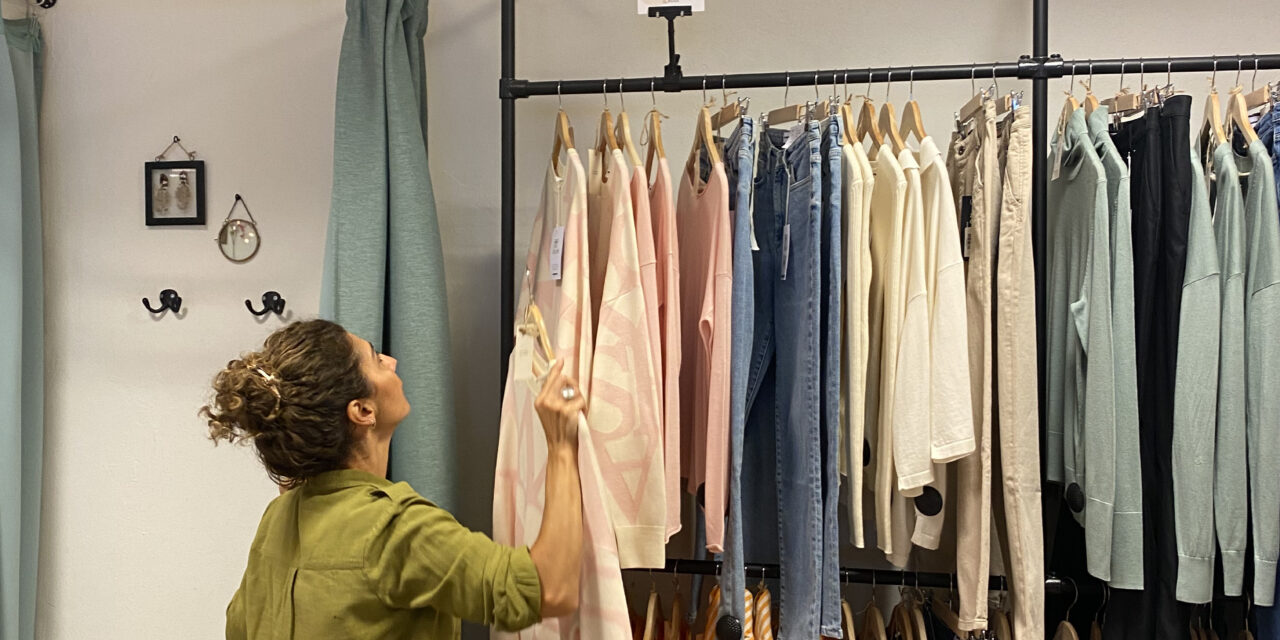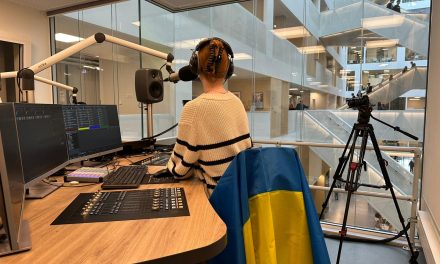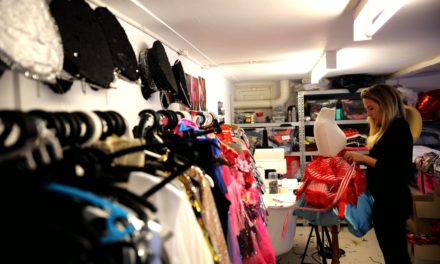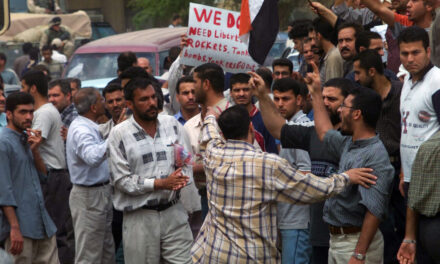Have you heard about the European Circular Economy Action Plan ? It’s one of the main components of the European Green Deal. Moreover, additional amendments were signed couple of months ago, in March 2022. Those amendments are about the consumer rights, and the ban of greenwashing.
We have definitely entered a modern overconsumption era, and this world has its own limits. Can it still be denied ? The European Union, as a world leader in the environmental movement, is once again showing its commitment to reducing its footprint by imposing clear rules.
According to the Cambridge Dictionary, greenwashing is a “behaviour or activity that makes people believe that a company is doing more to protect the environment than it really is”.
A concrete action to fight against the greenwashing of some big companies, is to encourage local initiatives in your region : organic shops, independent cooperatives, local merchants and ethical designers. Such initiatives are increasingly emerging in most European countries, and the Netherlands isn’t an exception. In Utrecht, a Dutch sustainable city according to the United Nations Development Programme (2015), there is a lot of initiatives. Green Up is one of them.
Green Up is a cooperation between 8 entrepreneurs willing to promote and expand the sustainable lifestyle. Ethical and sustainable fashion, indoor decoration made of recycled materials, everyday eco-friendly products, and a green coffee. The concept store is planned to last 2,5 years and it’s already been a year.
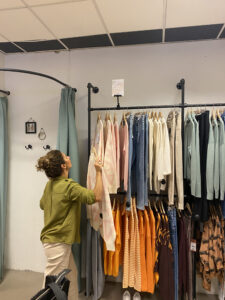
Planet Hugs is part of Green Up, a sustainable clothes brand in respect of people, animals and the earth. “We can be our own trendsetter, in a slow fashion way” – says Eda Dumoulin (creator of Planet Hugs). Her brand respects the Consumer rights directive, which is mainly about durability. Consumers must be informed about the guaranteed durability of products.
“Everything in life has an end, it’s the same for our materials. But we use more natural and less chemical products, so their lifecycle is also longer. That is how we promote our products. Our aim is not to sell products that will only last for three months. You can’t just use it and then throw it away. Please make sure that you really need this sweater, or this pair of jeans. Please think about your closet that you can also use for many years with pleasure, and combine it with things you have at home. I always tell it to my customers, so that they make good choices. Life is all about the choices we make, so be conscious in your choices.”
What about fast fashion ?
“Psychologically, you are really pushed to consume. Someone makes you think that you need that product. They create the desire in you, which is not a healthy thing. Desire should come from real needs, not to someone else’s doctrine.”
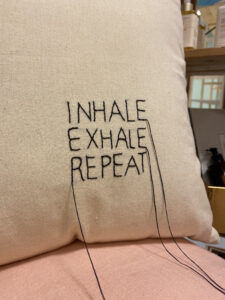 Four years ago, Eda didn’t even know that slow fashion existed. She lived in the perpetual cycle of buying and throwing away. And all this pressure of consumerism was a wake-up call for her. She realised that there were alternatives around her. “And if someone is doing it : I can also do it. Hopefully everyone gets that wake-up call one day, sooner or later.”
Four years ago, Eda didn’t even know that slow fashion existed. She lived in the perpetual cycle of buying and throwing away. And all this pressure of consumerism was a wake-up call for her. She realised that there were alternatives around her. “And if someone is doing it : I can also do it. Hopefully everyone gets that wake-up call one day, sooner or later.”
The European Circular Economy Action Plan is all about being that wake-up call. “Fashion is my passion, and I can do my passion in a different way now. All these clothes, when they are made, they get the energy of the people that created them. That’s circular economy. It’s not only about production or the material itself, it’s also the people included in it.”
As an ending, we’d say that : “The planet gives us hugs that we aren’t valuating enough. If you don’t pay attention at the clothes you’re buying, full of chemicals, you’ll wash it and it will go to the drinking water. It will affect the animals that are drinking that water, or that plant giving you that apple to eat. It’s just cycle. You don’t think it’s touching you, but it does indirectly. It’s the Butterfly effect.”
